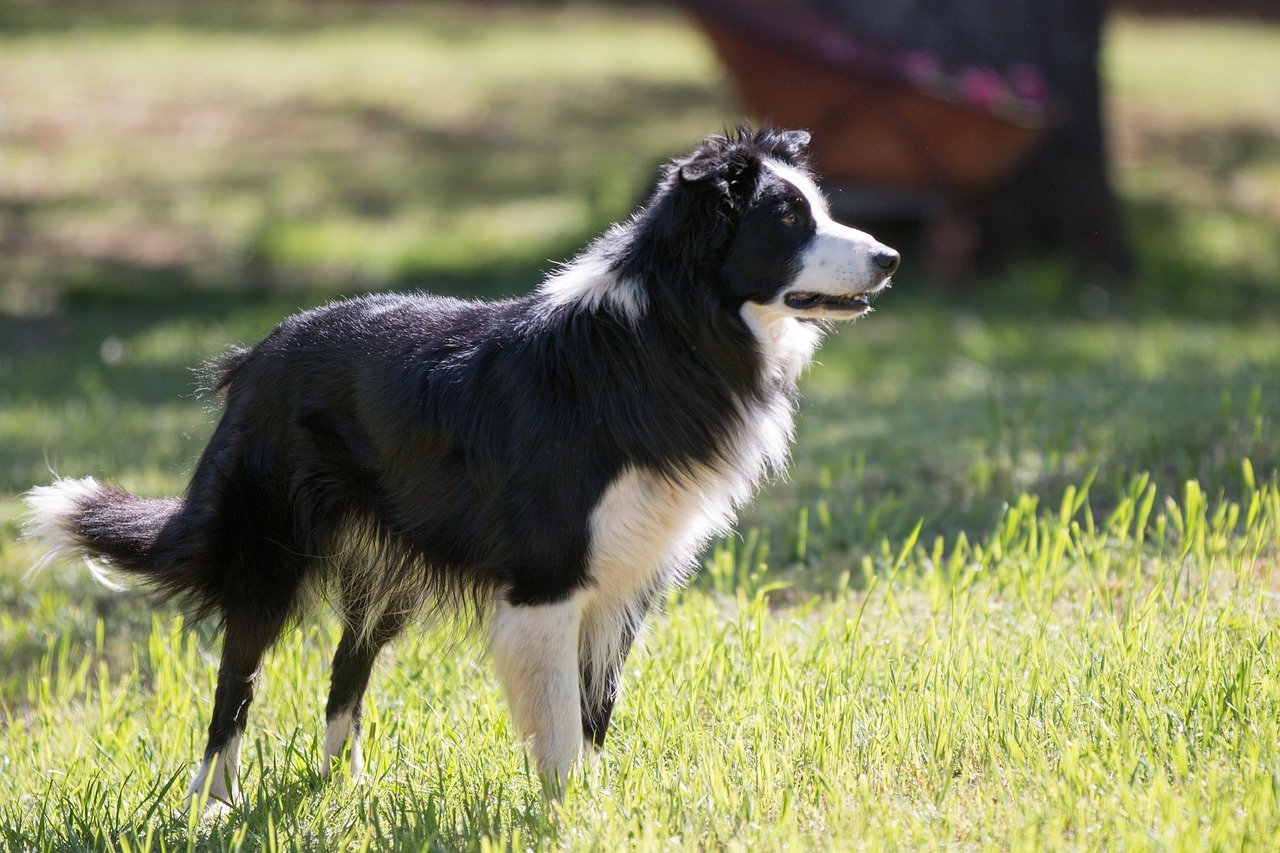There’s something fascinating about the emotional spectrum of dogs – from the velcro pups who follow you to the bathroom to the regal ones who watch from their chosen perch. Some dogs are like that friend who calls every day just to chat, while others are more like your independent college roommate who appreciated good company but didn’t need it constantly. Understanding your dog’s emotional needs isn’t just helpful – it’s essential for both your sanity and their happiness.
The Velcro Vizsla – Ultimate Shadow Dog
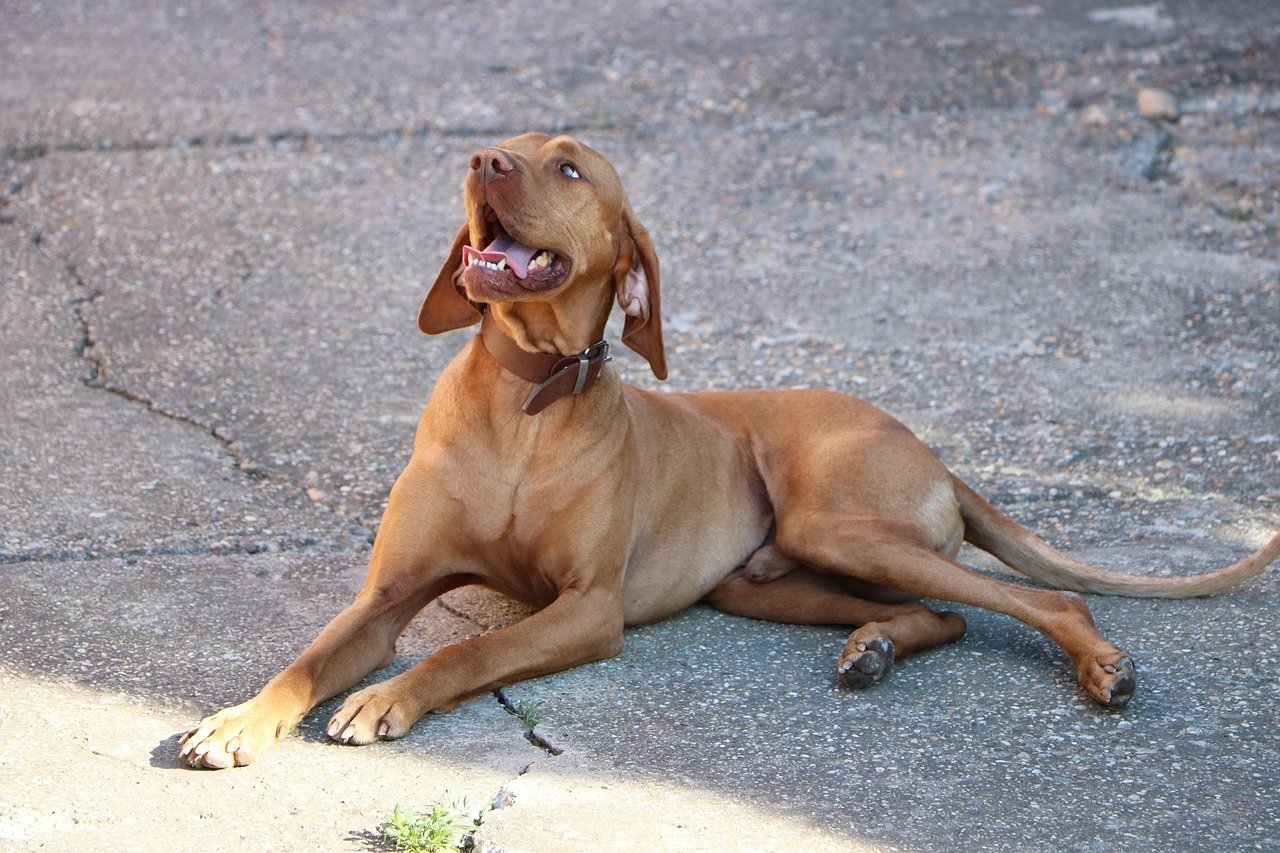
Known as the quintessential Velcro dog, Vizslas are famous for their intense need for physical contact and emotional connection with their owners. These Hungarian hunting dogs will literally try to merge with their humans if given the chance. They’re the type of dog who considers personal space a foreign concept and believes that if you’re sitting down, you must need a fifty-pound lap warmer.
These roly poly pooches want to go everywhere and do everything with their families. Vizslas don’t just want to be near you – they need to be touching you, preferably while making direct eye contact and occasionally sighing dramatically if you dare to look away. On the downside, Bulldogs can suffer from separation anxiety if they are left alone and may turn destructive.
French Bulldogs – The Charming Clingers
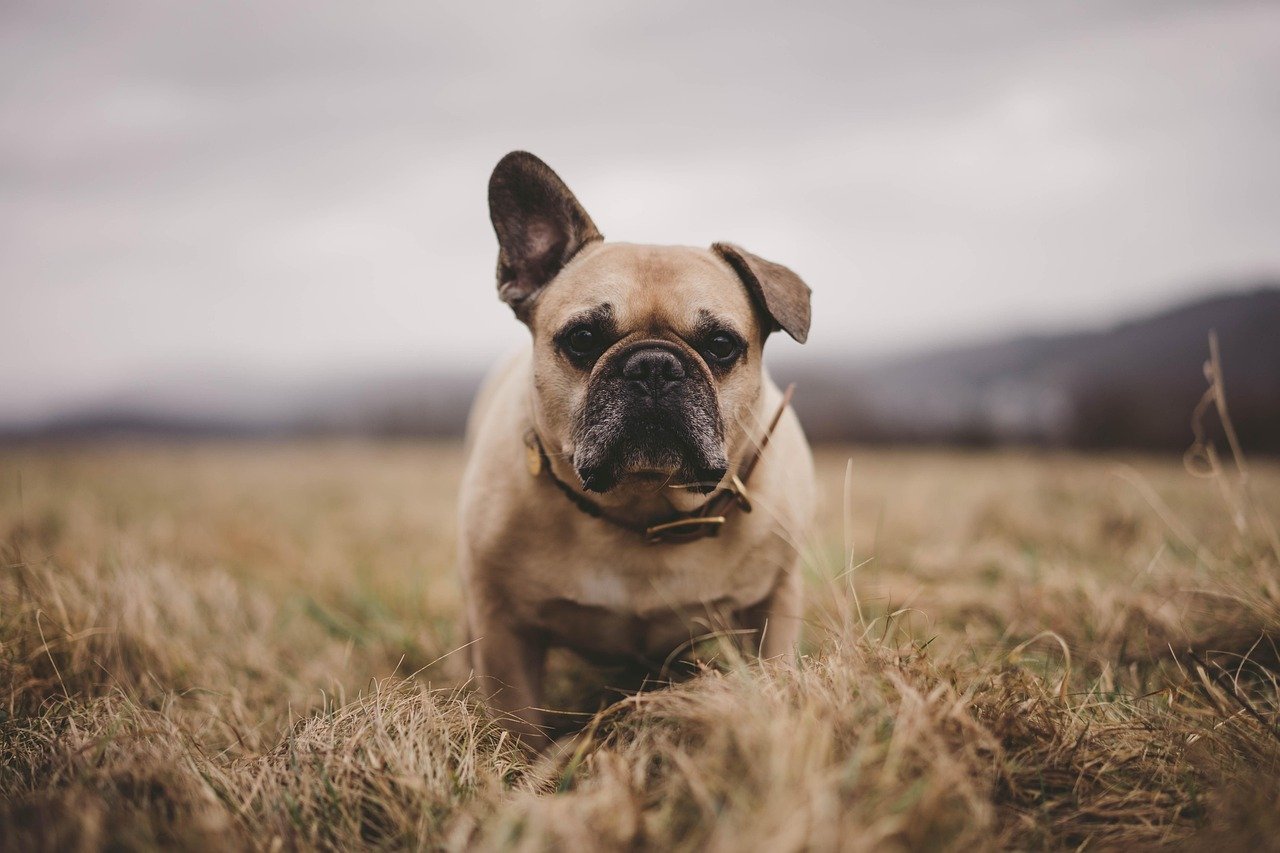
French Bulldogs, affectionately known as “Frenchies,” are renowned for their playful and affectionate nature, often forming strong bonds with their owners. This deep attachment can lead to them being considered among the more clingy dog breeds, as they thrive on companionship and attention. These bat-eared beauties have mastered the art of looking absolutely heartbroken when you leave for work.
These clingy pooches crave constant companionship and attention. While Frenchies can be playful and full of energy, they also have a reputation for being the ultimate couch potatoes. These homebodies are content with lounging or going for short walks. However, don’t let their low-energy reputation fool you – they’ll still follow you from room to room with the dedication of a private investigator.
German Shepherds – The Devoted Protectors
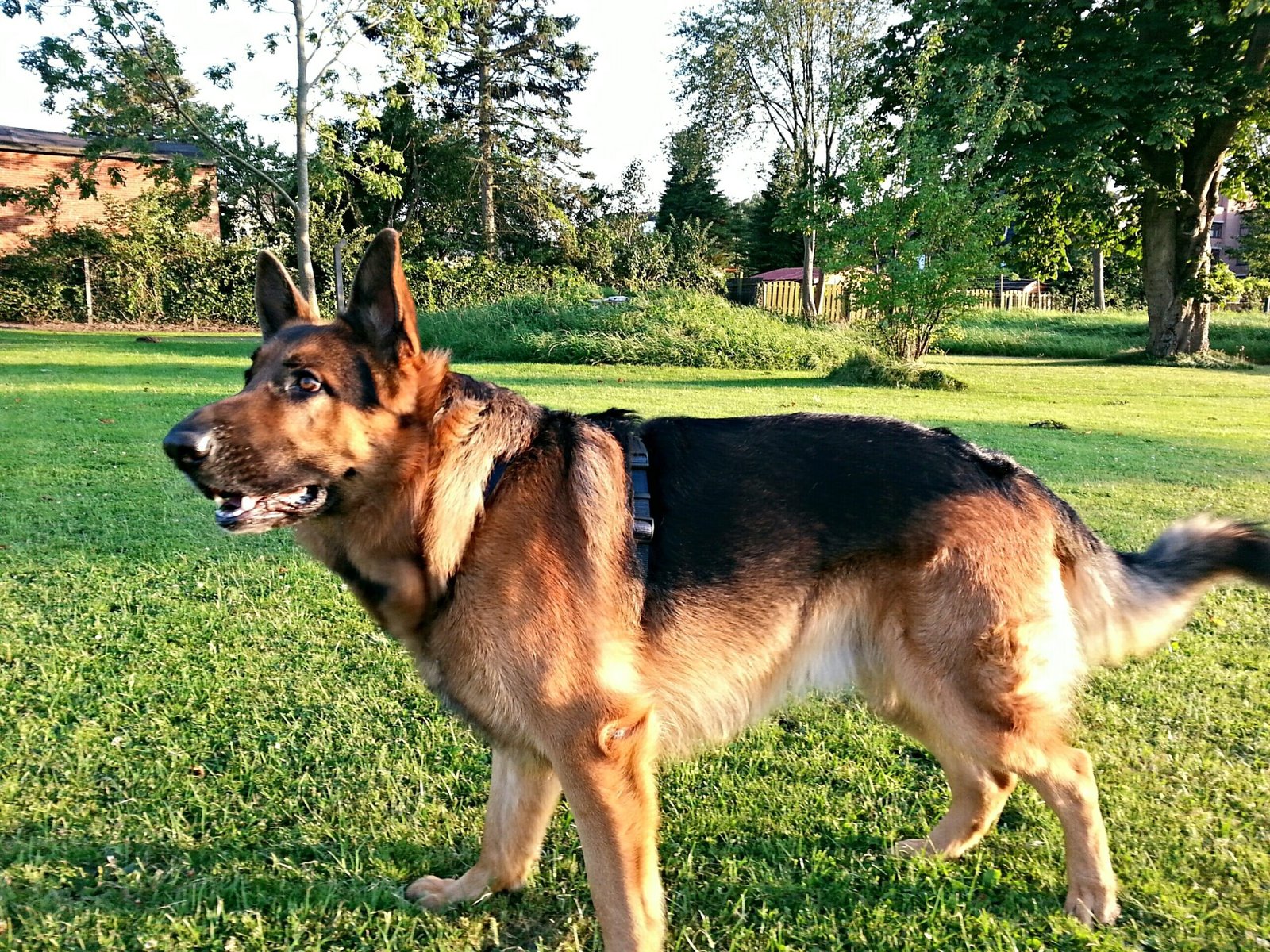
You might be surprised to learn that even a dog the size of a German Shepherd craves the love and attention of its owner(s). This lovely dog breed is super loyal, and this is one reason why they always like to be near their owners. It’s this same quality that makes them great police and/or military dogs. These majestic dogs have somehow convinced themselves they’re lap dogs trapped in hundred-pound bodies.
Though large in stature, don’t kid yourself, the German Shepherd dog wants to sit on your lap on the sofa just as much as the next needy pooch. Their intelligence combined with their attachment can be overwhelming. These dogs don’t just want your attention – they want to understand your every move and anticipate your every need.
Labradors – America’s Favorite Followers
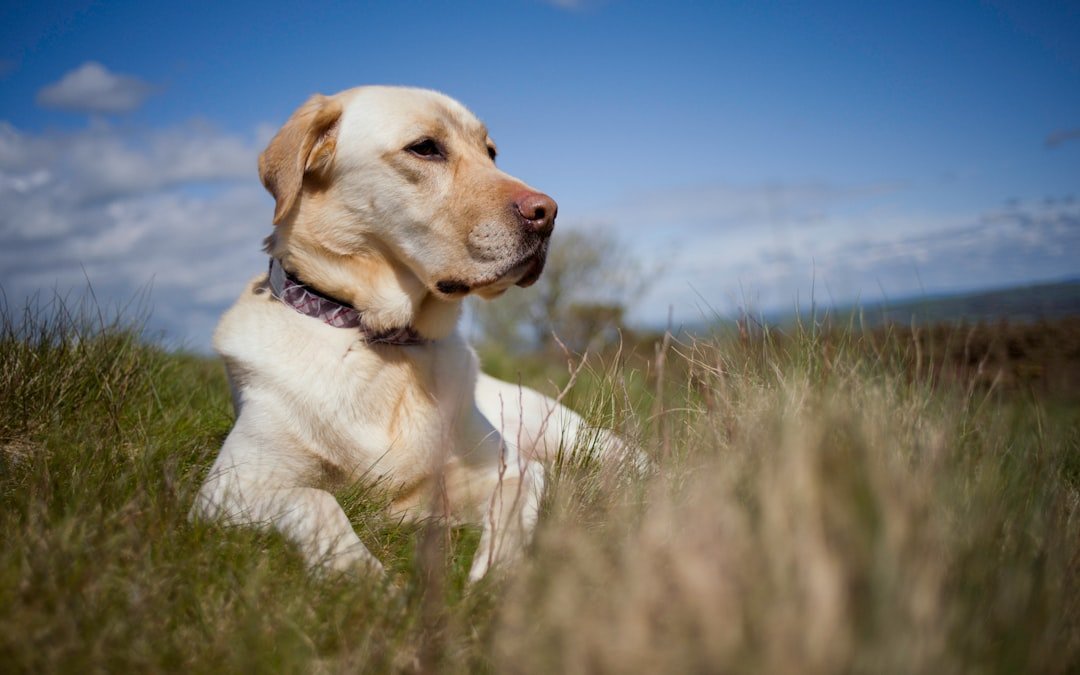
The number one dog in America many years in a row, this pooch loves to be pampered. Labradors may be a bit big to be a lap dog, but you cannot tell them that because they’ll try to sit in your lap every chance they get. Their attention to their human is what makes them a great therapy and service dogs too. Labs have zero concept of their actual size and genuinely believe they’re tiny purse dogs.
As one of the super clingy dog breeds, Labradors form deep emotional connections with their families. This closeness means they flourish in environments where they are included in daily activities and receive consistent companionship. A Lab will try to help with everything from cooking dinner to filing taxes, often with disastrous but endearing results.
Border Collies – The Workaholics Who Never Clock Out
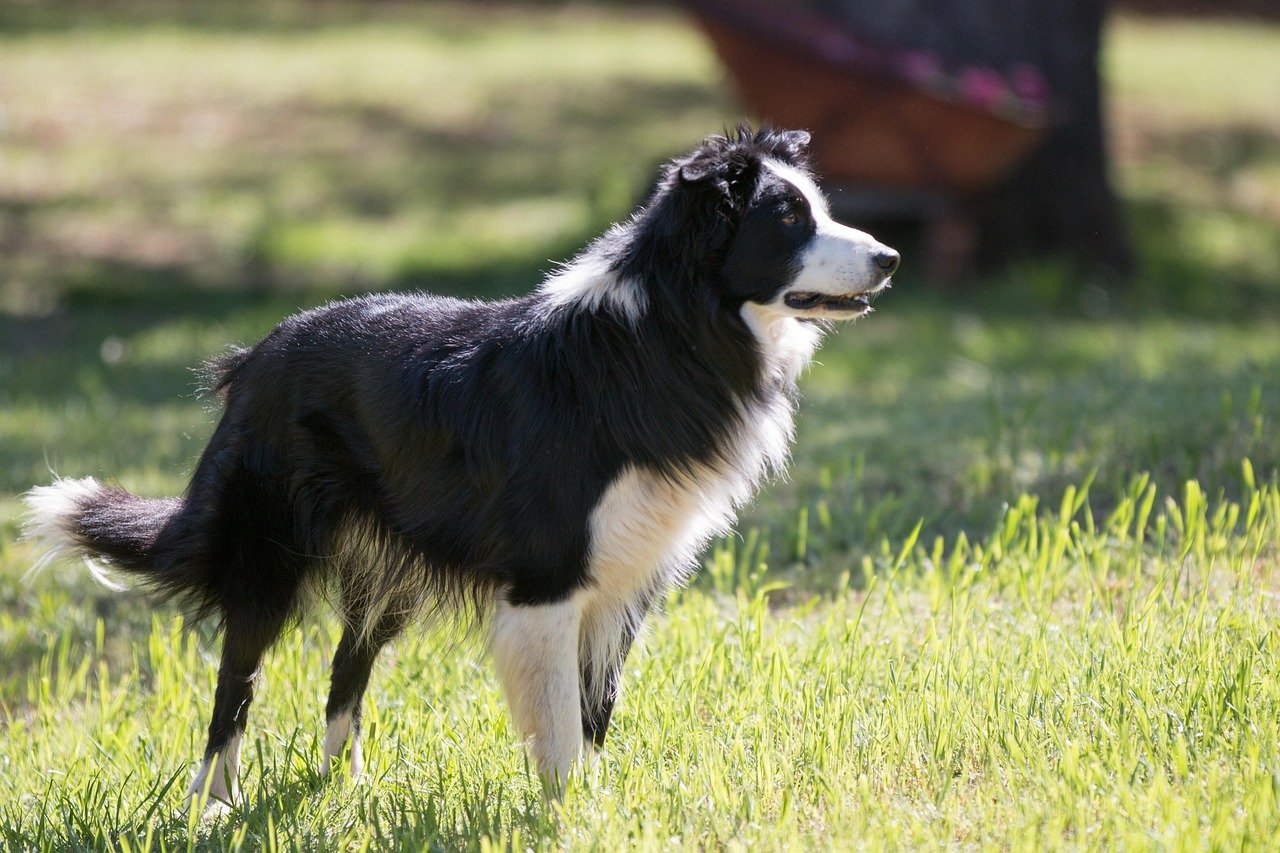
It’s no wonder this pup is focused wholly on you- the workaholic of the dog world was bred to keep an eye on its most prized possession at all times. These high energy herders want nothing more than to please their people, so if you have a Border Collie in your life, be prepared to have a shadow wherever you go. These dogs treat you like their full-time job and take performance reviews very seriously.
Each Border Collie has a unique personality, but a common thread is their need for mental and physical stimulation. Without adequate engagement, they may develop behavioral issues, such as excessive barking or destructive habits. Historically bred for herding livestock, their strong work ethic and desire to please can lead them to become restless without a job to do. They’re basically that overachieving coworker who makes everyone else look bad.
Cavalier King Charles Spaniels – The Professional Lap Warmers
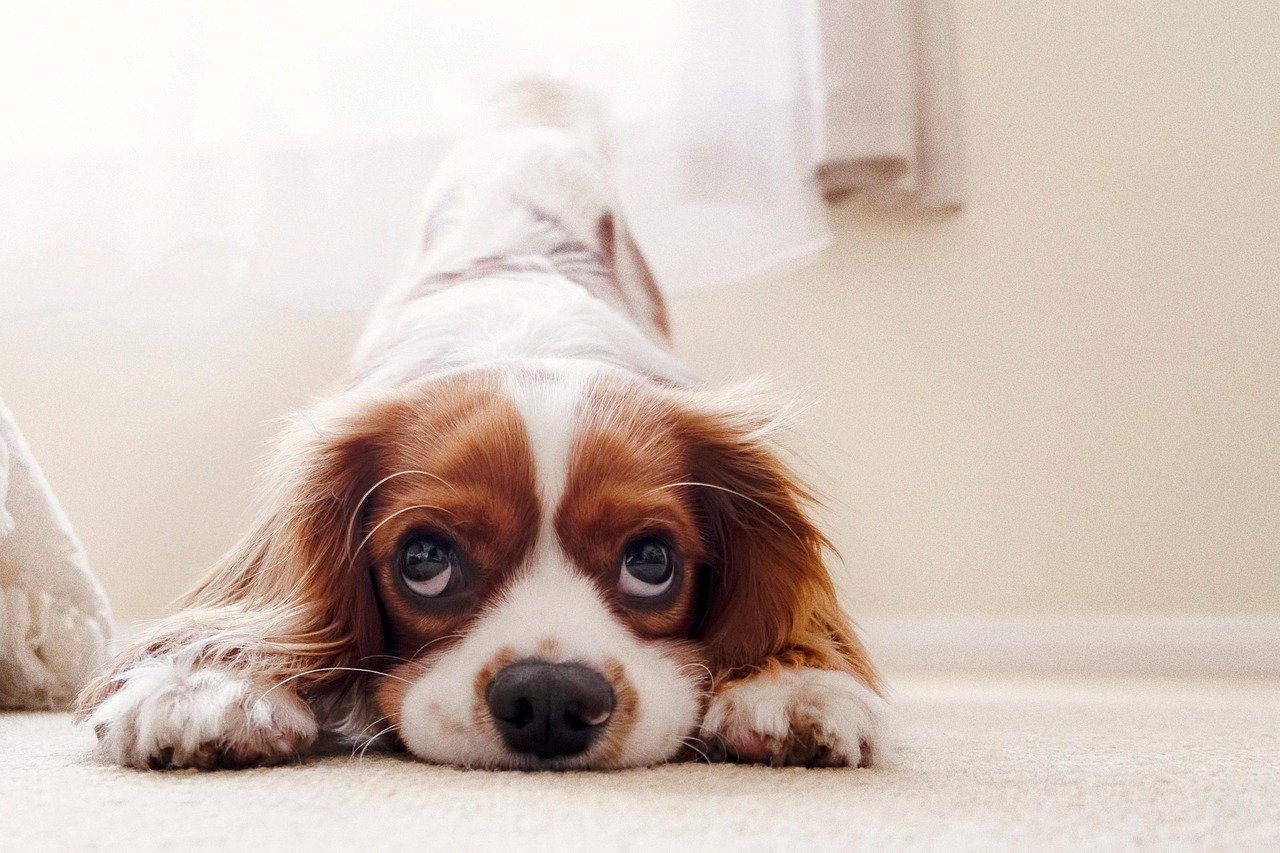
The Cavalier King Charles Spaniel is a superb lap dog. Their smaller size, kind demeanor and constant desire to snuggle with pretty much anyone who will snuggle back makes them total lovers, though needy! These playful babies with big, beautiful eyes adore having fun and crave constant human affection and are totally devoted to their owners. If there was an Olympic sport for cuddling, these dogs would dominate the podium.
This is why breeds such as the Cavalier King Charles Spaniel and the Bichon Frise, which are known for their affectionate and loving nature, are popular choices for therapy work. They’ve basically evolved to be living, breathing antidepressants with four legs and an adorable face.
Pugs – The Comedic Attention Seekers
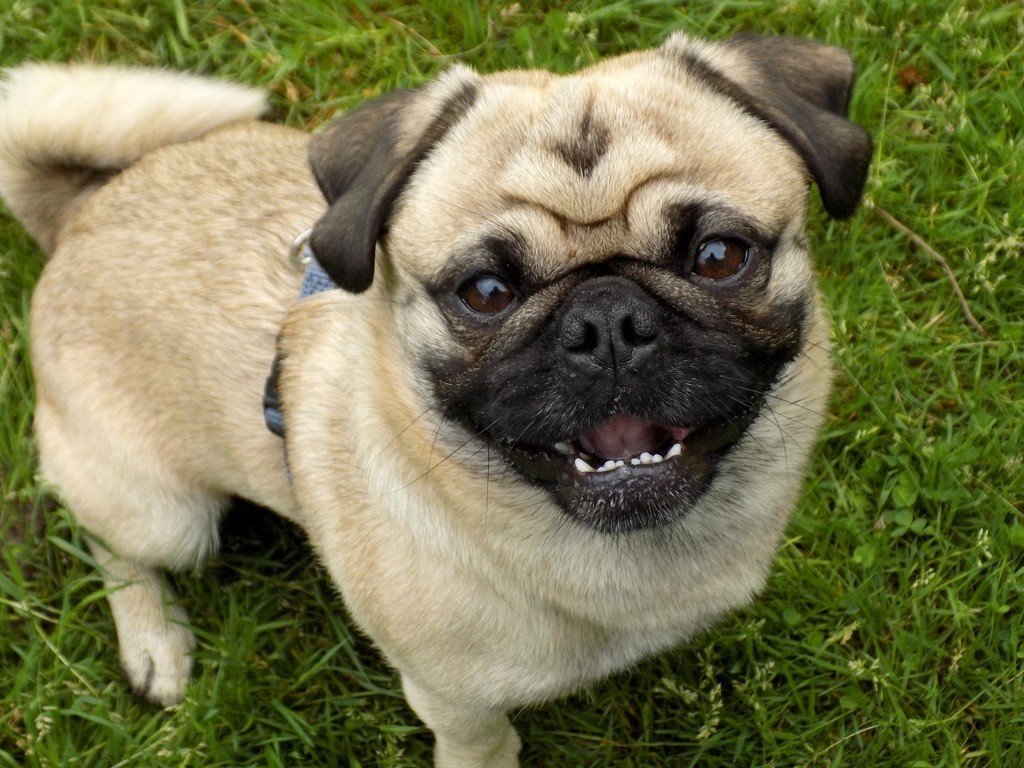
Oh, that face! That flat-faced, overly expressive, wrinkly bug-eyed Pug is another super-clingy yet totally adorable dog. Despite their self-confident approach to life, they are extremely needy. They are also very eager to please their owners in order to secure the attention they crave. The Pug is very tenacious when it comes to having fun and earning the love they so crave from their owners. Pugs are basically comedians who work exclusively for an audience of one.
These wrinkled entertainers have mastered every trick in the book to get your attention. More than just a dog breed, they are practically their own species! With their squishy little faces, signature snorts, and curly tails, they are adored by dog enthusiasts the world over. They’re the class clowns who never learned when to stop performing.
Maltese – The Tiny Drama Queens
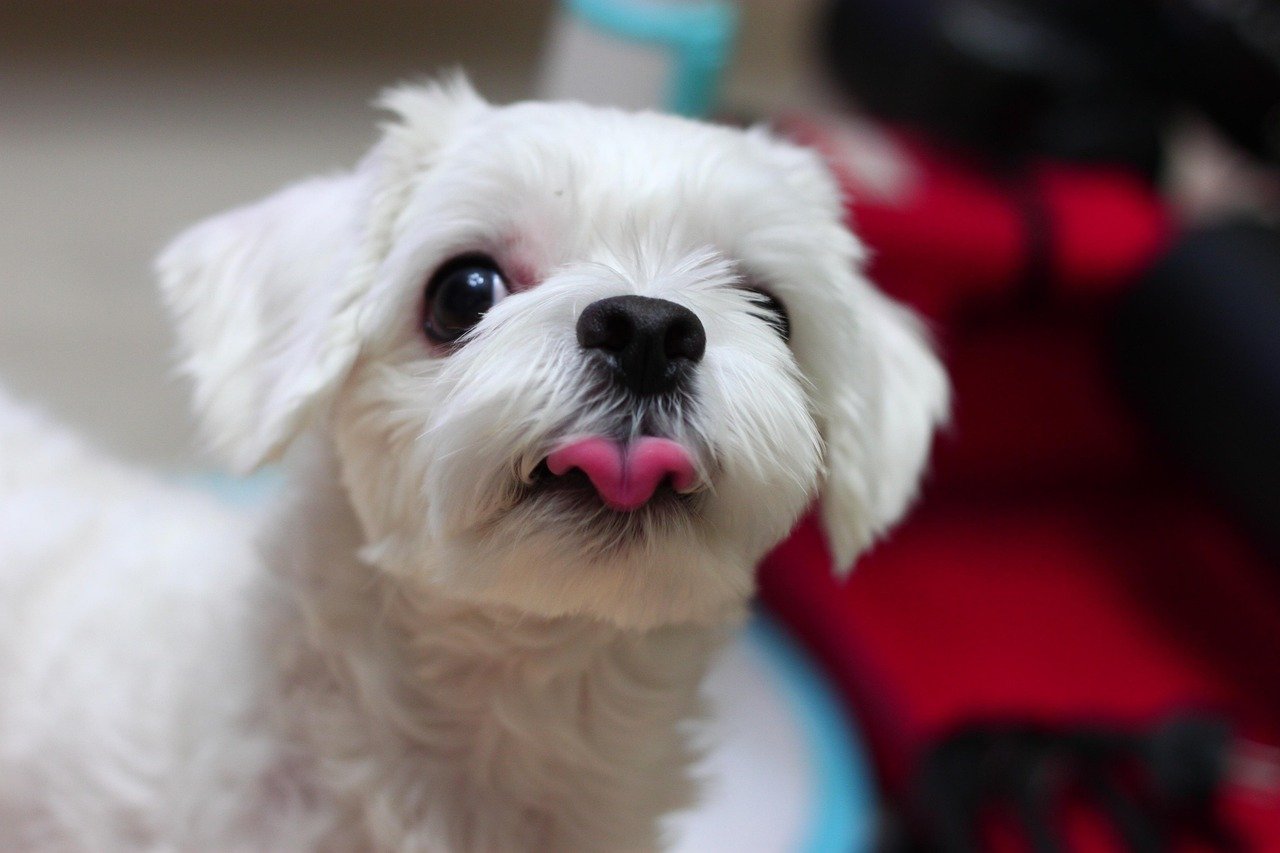
Maltese dogs are known to be one of the most clingy dogs in the world. Unlike independent breeds, they thrive on constant reassurance. They prefer to sleep next to their humans and will scratch at doors if separated, making them challenging for owners who have busy schedules. These pocket-sized princesses treat every moment apart from you like a personal tragedy worthy of Shakespeare.
One of the earliest breeds to be bred as a lap dog, this adorable and perky pup is tiny and travel-sized so you can take them everywhere. This may be by design, because the Maltese needs to be with you. All the time. If you want a clingy dog that always keeps you smiling, this is a good choice.
Dobermans – The Gentle Giants With Attachment Issues
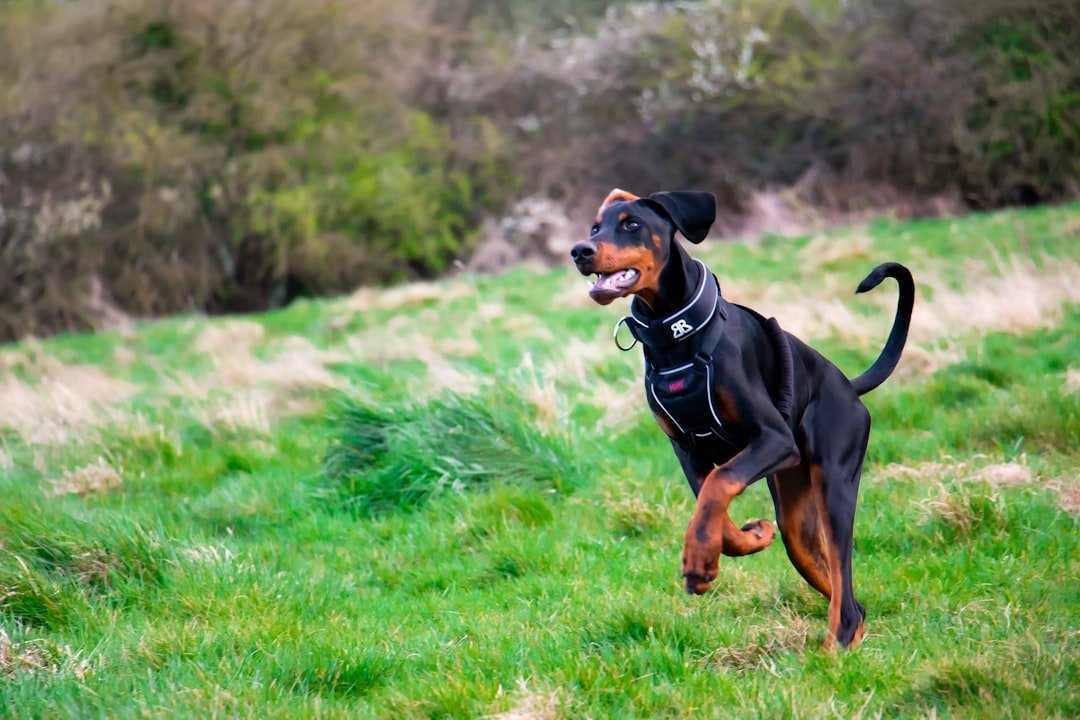
Who would think a Dobie could be clingy? My guess is anyone who owns a Doberman. The Doberman is a big, beautiful and powerful dog. It’s also sweet-natured around people and affectionate and devoted to its family. Similar to breeds such as the Chihuahua, a Dobie can become highly loyal to just one owner and crave their attention above all others. These imposing dogs are actually sensitive souls wearing tough-guy costumes.
Another breed meant to guard, this pup also loves you so much, he keeps an eye on you at all times to keep you safe. Not particularly an outdoor dog, the Doberman wants to be inside with you, snuggling, playing and watching. Loyal to a fault, this loving pup will always be there.
Cocker Spaniels – The Emotional Supporters
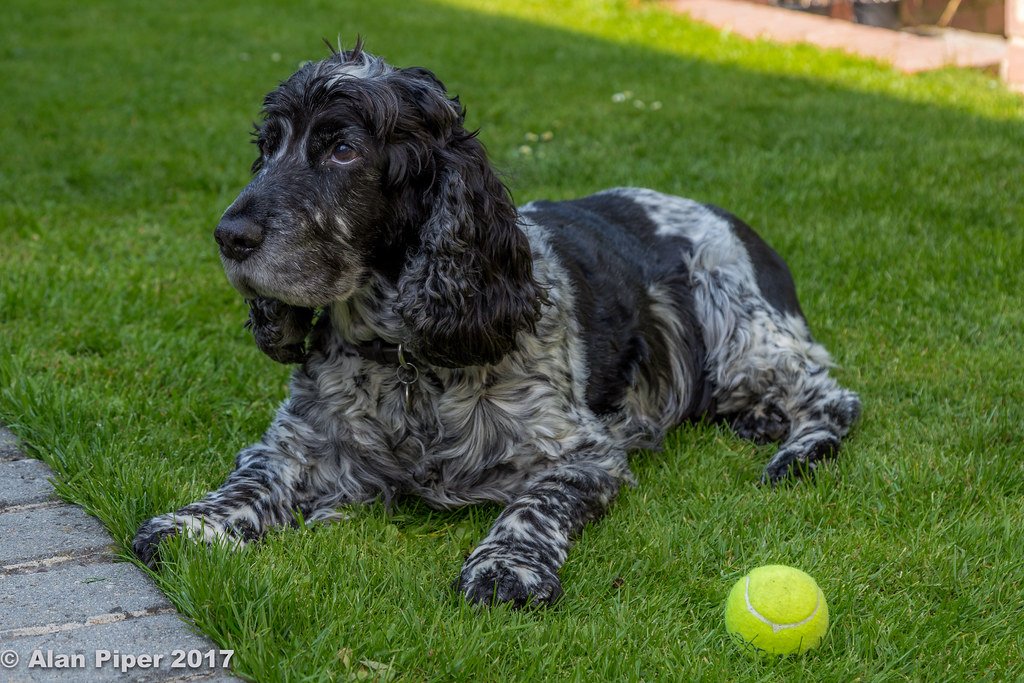
They adore their human family members so much that their tendency for separation anxiety also put them on our list of escape artist breeds. Without proper training and boundaries, Cocker Spaniels may become possessive, protective, and downright clingy. Their wavy, lustrous coats require frequent care and grooming services to stay healthy. These sweet-eyed darlings wear their hearts on their sleeves and expect you to do the same.
One of the popular dog breeds of the 80s, Cocker Spaniels, love their human companions. These sweet and affectionate dogs are always eager to please. They are pretty emotional and use barks, whines, and expressive body language to let you know about their feelings. They are also vulnerable to separation anxiety when left alone for long periods.
Shiba Inus – The Aloof Aristocrats
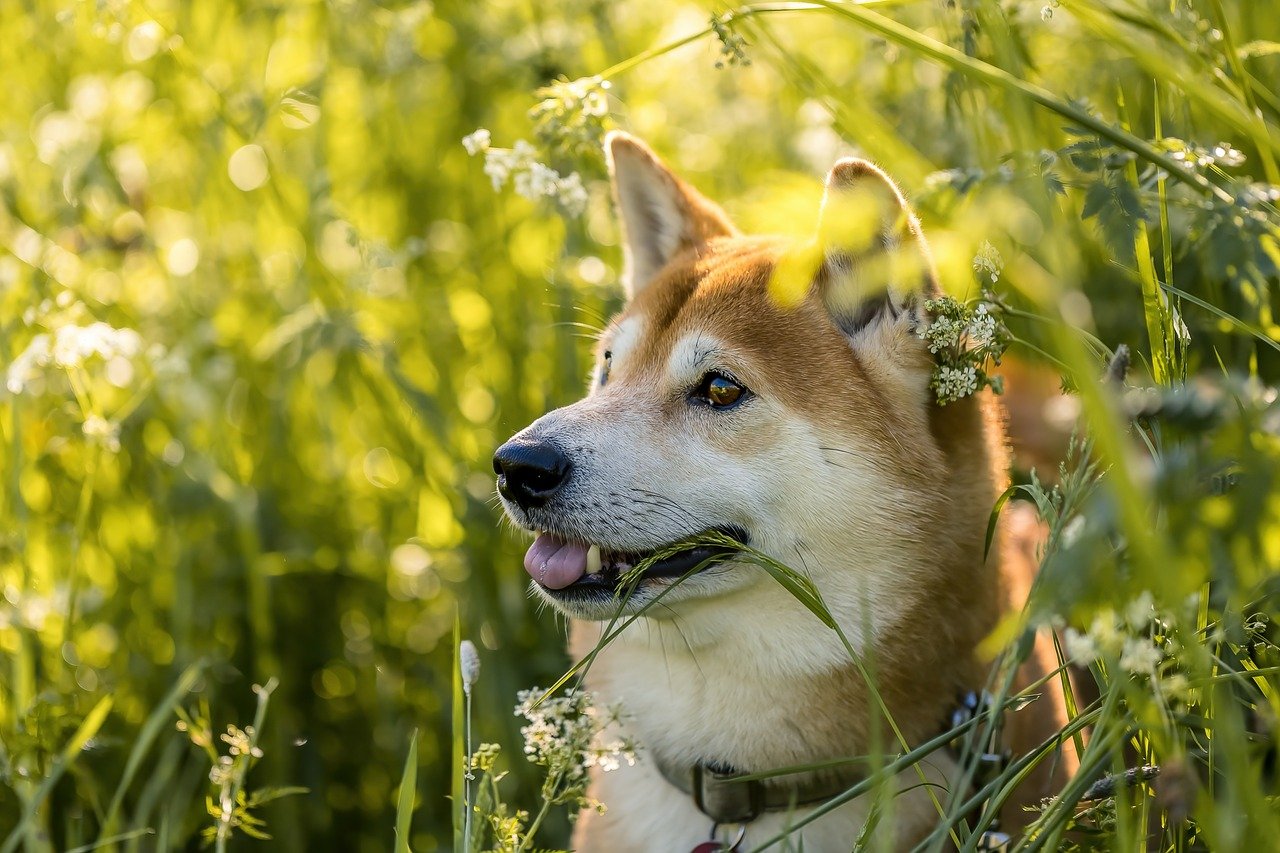
Now we shift gears completely. Shibas are what happens when someone designs a dog for people who actually wanted a cat but needed something that would go outside to bathroom. They possess a dignity that borders on aloofness, treating affection like a gift they bestow rather than a need they have. For introverts who find typical dog neediness overwhelming, a Shiba’s independence feels like finding a kindred spirit with four legs.
Shiba Inus are often aloof with strangers, but they’re known to be extremely loyal and devoted to their families. However, they’re also quite independent and tend to have a mind of their own, which can make them challenging to train. Shiba Inus that have been socialized well are able to live with other dogs, but they often prefer spending time with humans over other dogs. They also usually like to do their own thing and aren’t too demanding of people’s attention.
Basenjis – The Self-Grooming Philosophers
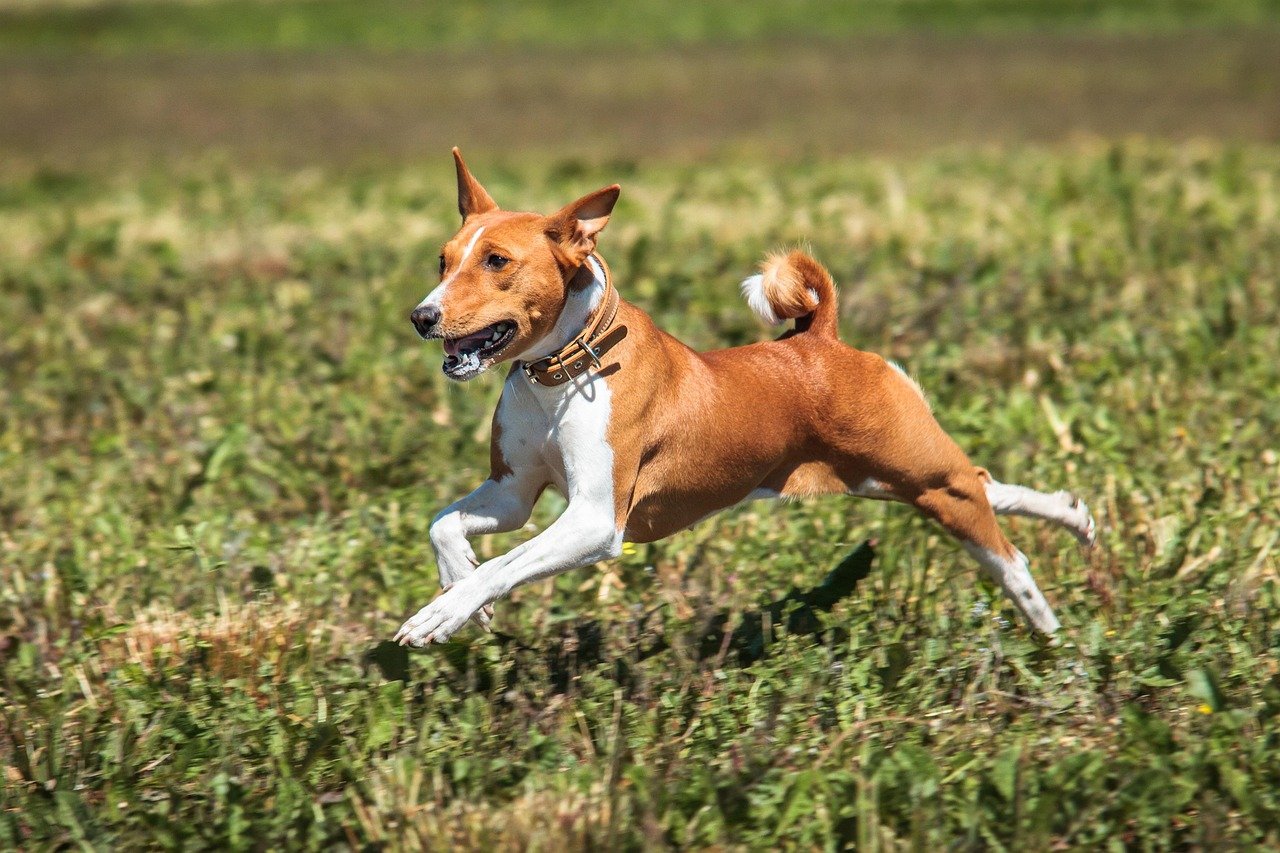
The independent Basenji is notorious for being quiet – they’re often referred to as “the barkless dog.” These medium-sized pups are frequently described as having a catlike personality because of their aloof temperament, reserved nature, and tendency to groom themselves. These dogs basically invented the concept of “me time” and have elevated it to an art form.
Their cat-like personality means they’re perfectly happy entertaining themselves for extended periods. What makes Basenjis truly unique is their problem-solving ability when left alone. They’ll create their own games, explore every corner of their environment, and maintain a calm demeanor without their owners present.
Chow Chows – The Dignified Loners
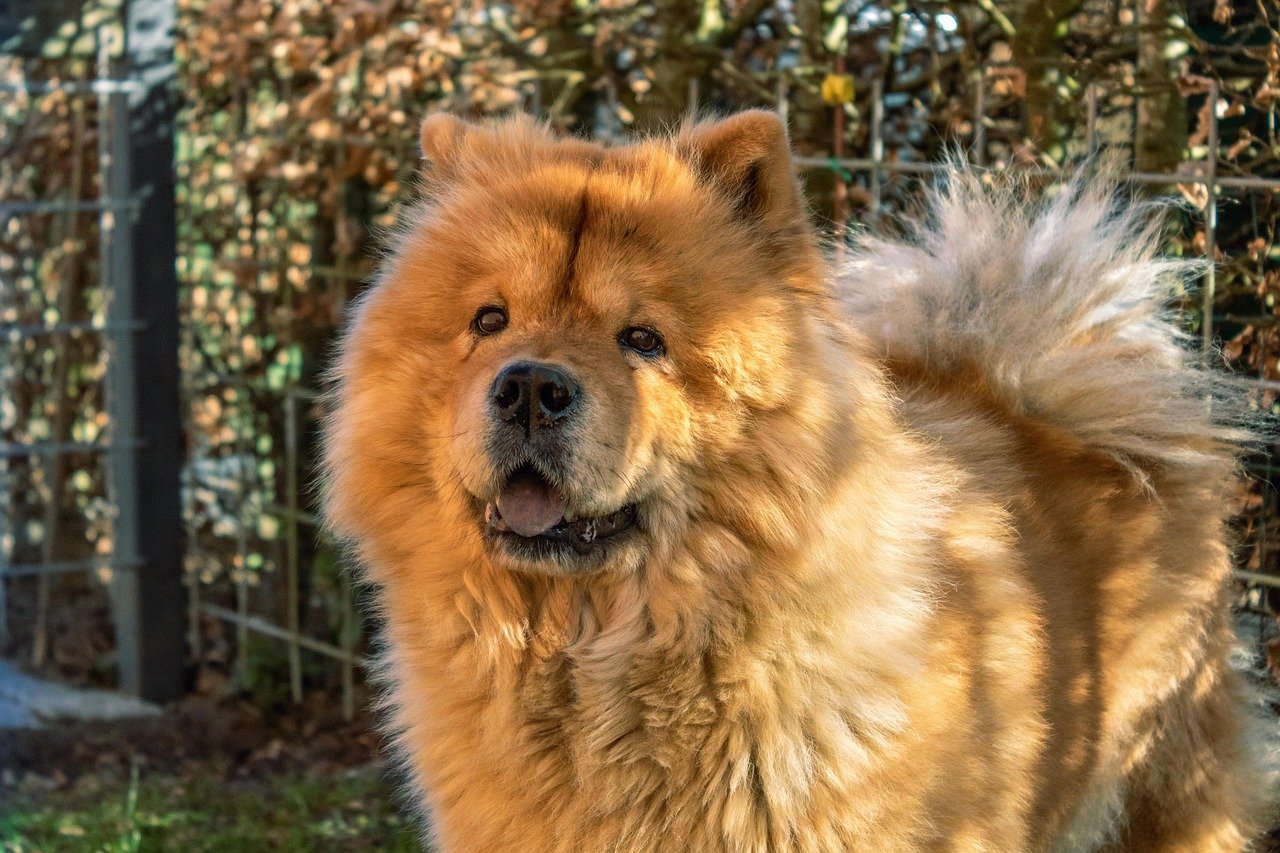
Chow chows weren’t bred to be cuddled and fussed over, and after their centuries-long streak of independence, they’d prefer it to stay that way. Their self-sufficient nature is exactly what makes chow chows ideal companions for those with busy schedules, says Dr. These fluffy teddy bears have the emotional availability of a Victorian butler – polite, professional, and definitely not looking for hugs.
Looking like a giant teddy bear, the Chow Chow seems like it would be great to cuddle with. However, it’s really not much for snuggling and physical closeness. Like a cat, it would rather not be hugged and is not a fan of strangers. The Chow Chow is good with its own family, but isn’t the best breed to have around small children. Suspicious of strangers, it makes an ideal watchdog. Quiet and independent, they are fine with being left home alone.
Afghan Hounds – The Aristocratic Loners
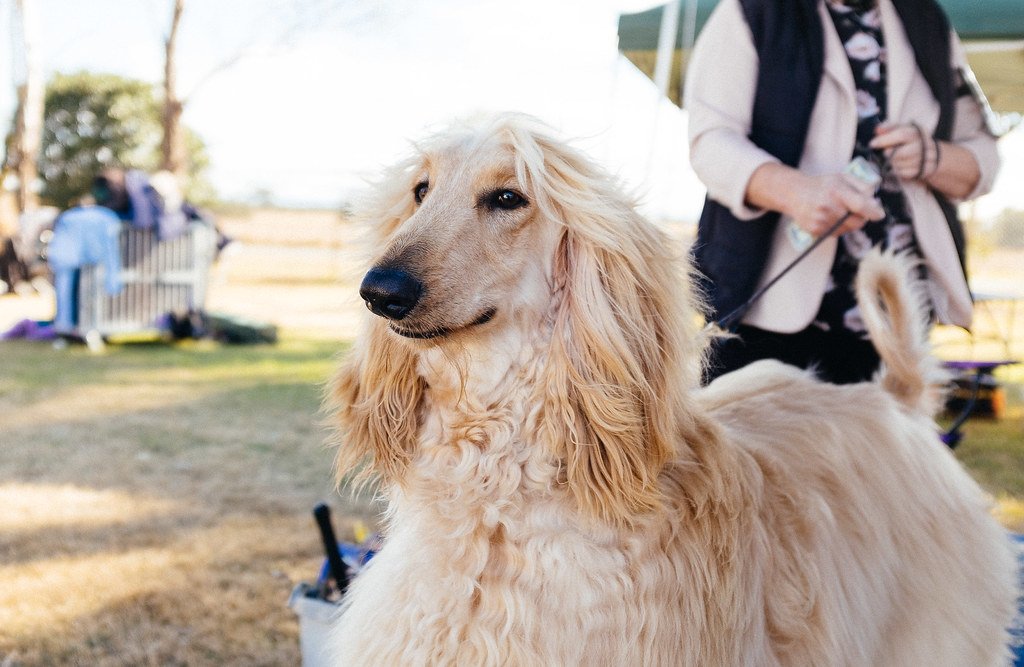
Afghan Hounds are known for their regal appearance and independent personality. These dogs are somewhat aloof and prefer to have their own space, making them well-suited to being left alone for moderate periods. Afghan Hounds are known for their regal appearance and independent personality. These dogs are somewhat aloof and prefer to have their own space, making them well-suited to being left alone for moderate periods. Afghan Hounds are not particularly clingy and don’t rely on their owners for constant companionship.
Afghan Hounds embody aristocratic independence like no other breed, with their flowing coats and dignified demeanor masking incredibly self-reliant personalities. Originally bred to hunt leopards and gazelles in the harsh mountains of Afghanistan, these dogs learned to work independently across vast distances. This hunting heritage translates into modern dogs that are perfectly comfortable being alone. Their aloof nature isn’t coldness – it’s simply their natural temperament. Afghan Hounds are selective with their affection and don’t require constant validation from their owners. They’re content to spend hours grooming themselves, gazing out windows, or simply resting in their favorite spots without needing entertainment or interaction.
Shar Peis – The Wrinkled Introverts
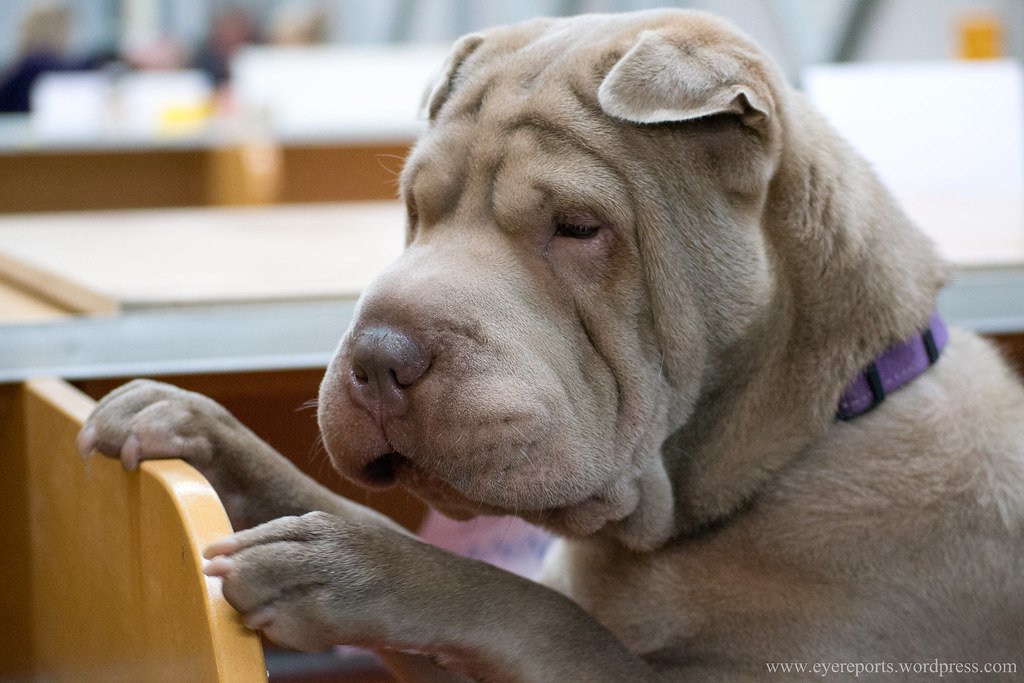
Shar-peis can be a good fit for busy pet parents, Dr. Attas suggests. She says that while no dog is completely immune to separation anxiety, breeds with independent streaks, such as the shar-pei, tend to tolerate alone time better. These wrinkled wisdom-keepers have perfected the art of being present but not demanding – like having a philosophical roommate who pays their share of rent without drama.
The Shar Pei is an independent and somewhat aloof breed that doesn’t mind spending time alone. These dogs are known for their dignified and calm demeanor, often preferring to relax rather than seek constant attention. They’re the strong, silent types who communicate more through meaningful looks than excessive displays of affection.
Great Pyrenees – The Mountain Hermits
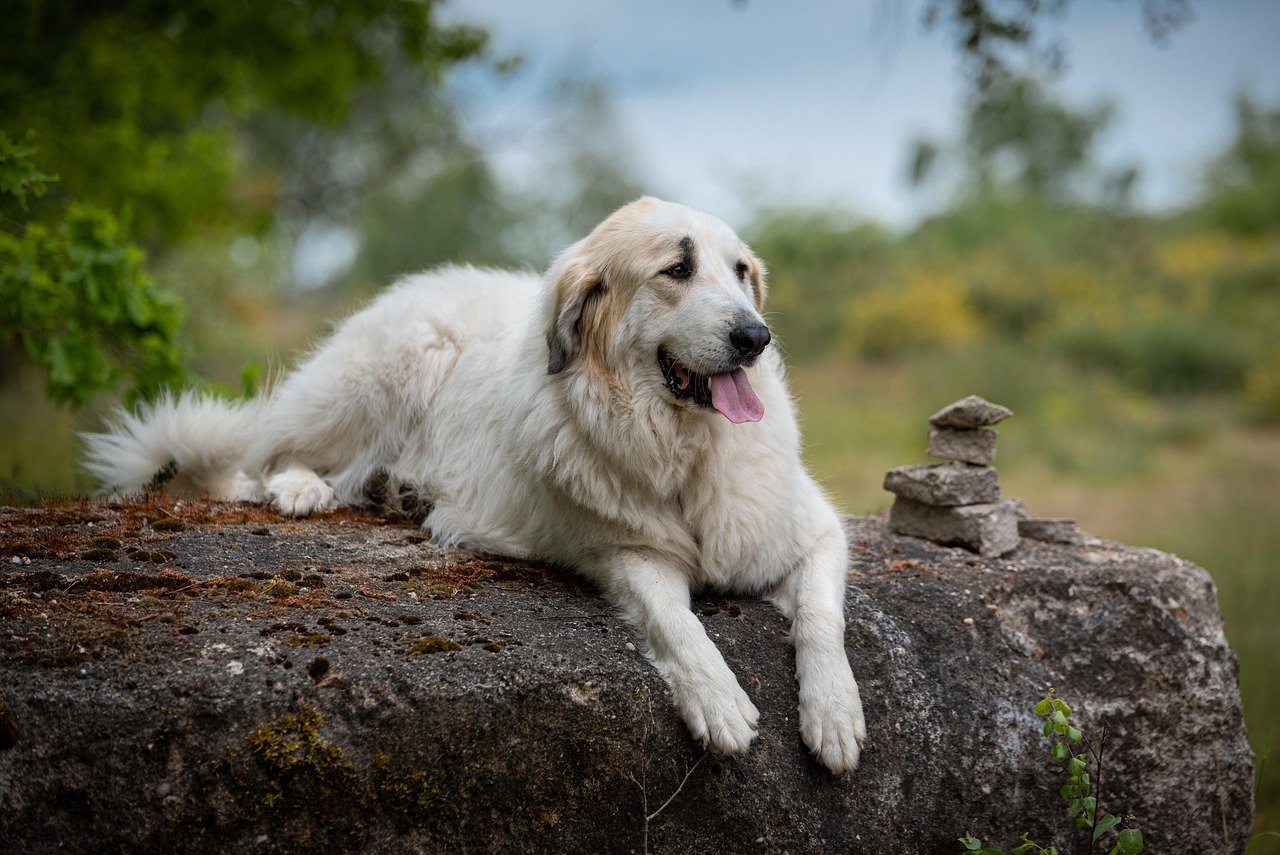
The Great Pyrenees is a calm and independent breed that was originally bred to guard livestock in remote areas. These dogs are naturally self-reliant and are comfortable being left alone for moderate periods. Great Pyrenees are protective and loyal to their families, but they don’t require constant attention or companionship. These majestic giants were literally bred to spend days alone on mountainsides, so your eight-hour workday is basically a coffee break for them.
The great Pyrenees (also called a Pyr by breed fanatics) is a large livestock guardian breed who loves his family as fiercely as he loves working. Raised to oversee animals alone for days at a time, he doesn’t mind some solo time around the house.
Greyhounds – The Elegant Couch Potatoes
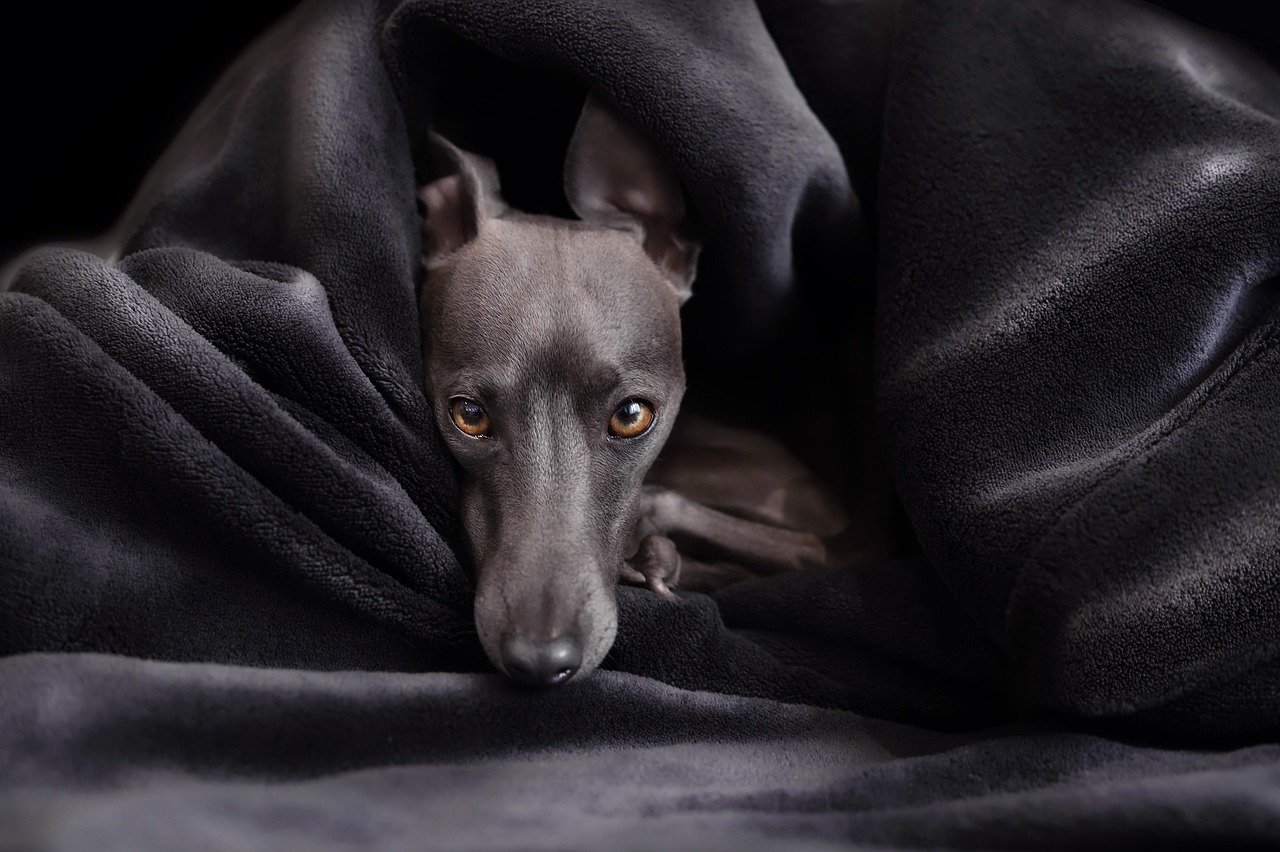
Greyhounds usually prefer to have their own dog bed in a quiet place where they can retreat for some solitude as needed. These graceful sprinters are basically the introverts of the dog world – they’ll give you everything they have for short bursts, then politely retreat to recharge their social batteries.
These sight hounds possess an almost cat-like independence while maintaining the loyalty that makes dogs irreplaceable. They’ll curl up beside you in impossible positions, taking up minimal space while providing maximum comfort. Their presence is undemanding – they’re simply there, which is often all an introvert needs. Whippets understand the economy of energy that introverts live by. They’ll have their moments of stunning athleticism – brief explosions of pure joy and speed – followed by hours of restoration. They don’t apologize for their need to recharge, and they won’t judge yours.
Scottish Terriers – The Independent Philosophers
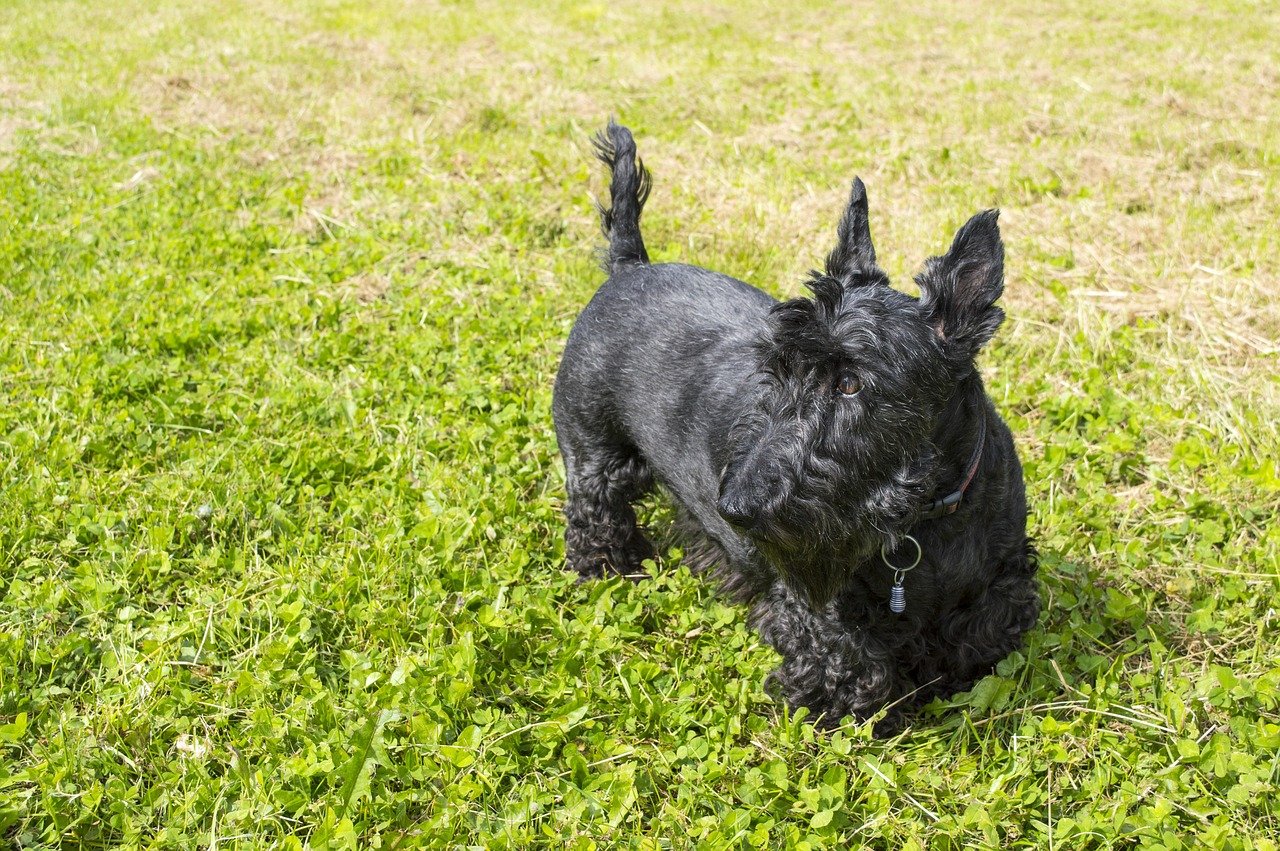
Although Scottish Terriers may not be great around other dogs, they are super independent and confident, making them an ideal dog that you can leave home alone without worrying. The AKC even describes them as almost human in behavior, and they make excellent watch dogs. These scrappy little philosophers have their own agenda and occasionally allow you to participate in their lives if you’re interesting enough.
Scotties are the introverts of the terrier world – all the intelligence and determination of their cousins, but with a philosophical bent that replaces hyperactivity with thoughtful consideration. They’re dogs for people who appreciate a pet with its own inner life, who doesn’t need you to be their entire world. Their dignified bearing suggests they’re always thinking about something important – probably something you wouldn’t understand. A Scottie’s independence means you can have a bad day without feeling guilty about not being an entertaining dog parent. They have their own agenda, and if it occasionally aligns with yours, wonderful.
Akitas – The Loyal But Self-Sufficient Warriors
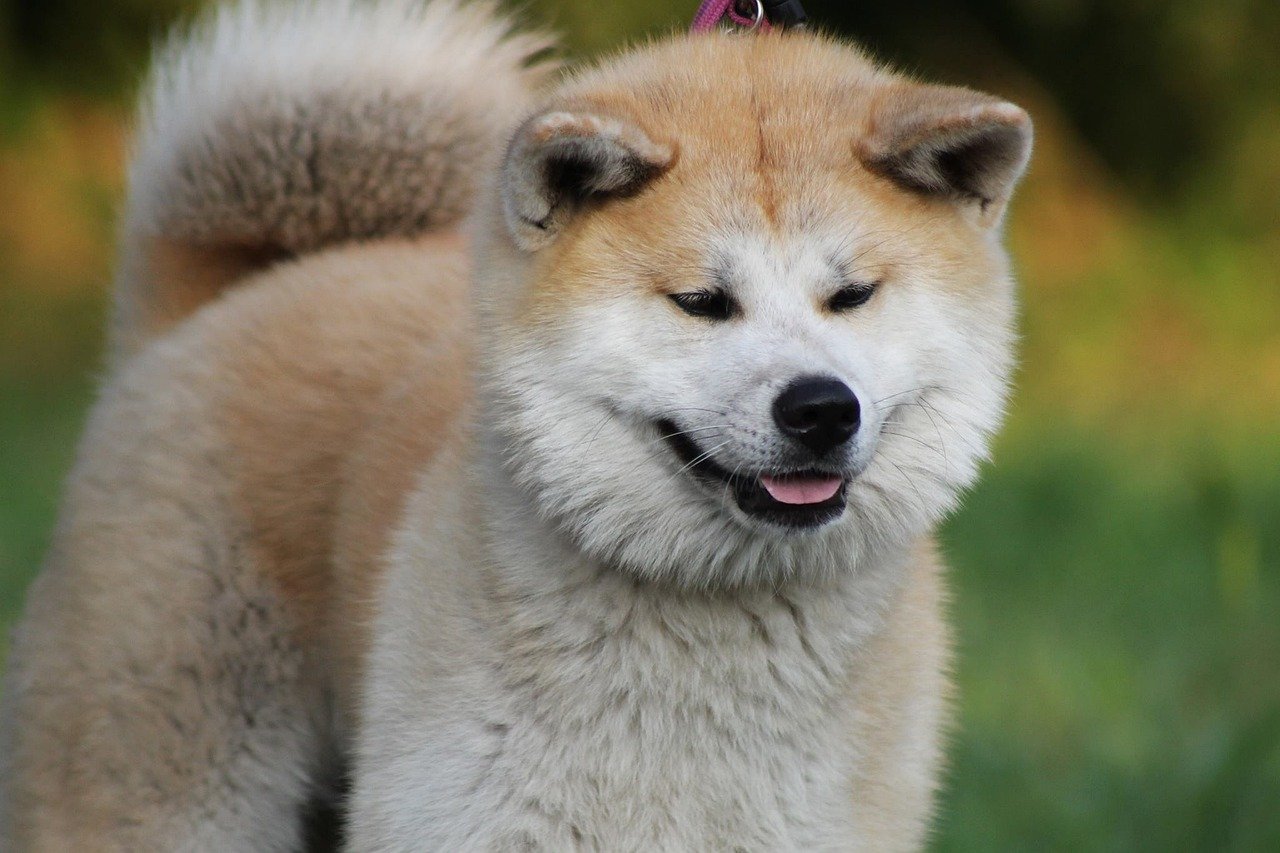
While they are affectionate and devoted to their families, Akitas are perfectly happy spending time alone as long as they have been properly trained and socialized. They are not prone to separation anxiety and tend to be more reserved compared to other breeds. Their independence makes them suitable for owners who may need to leave the house for work or errands during the day. These powerful dogs are like having a bodyguard who also happens to be emotionally self-sufficient.
What’s particularly interesting about Akitas is their ability to be emotionally independent while maintaining strong bonds with their families. They don’t suffer from separation anxiety like many breeds and can actually become stressed by too much attention or interaction. Their calm, composed nature makes them excellent companions for people who appreciate a more hands-off relationship with their pets.
Basset Hounds – The Laid-Back Philosophers
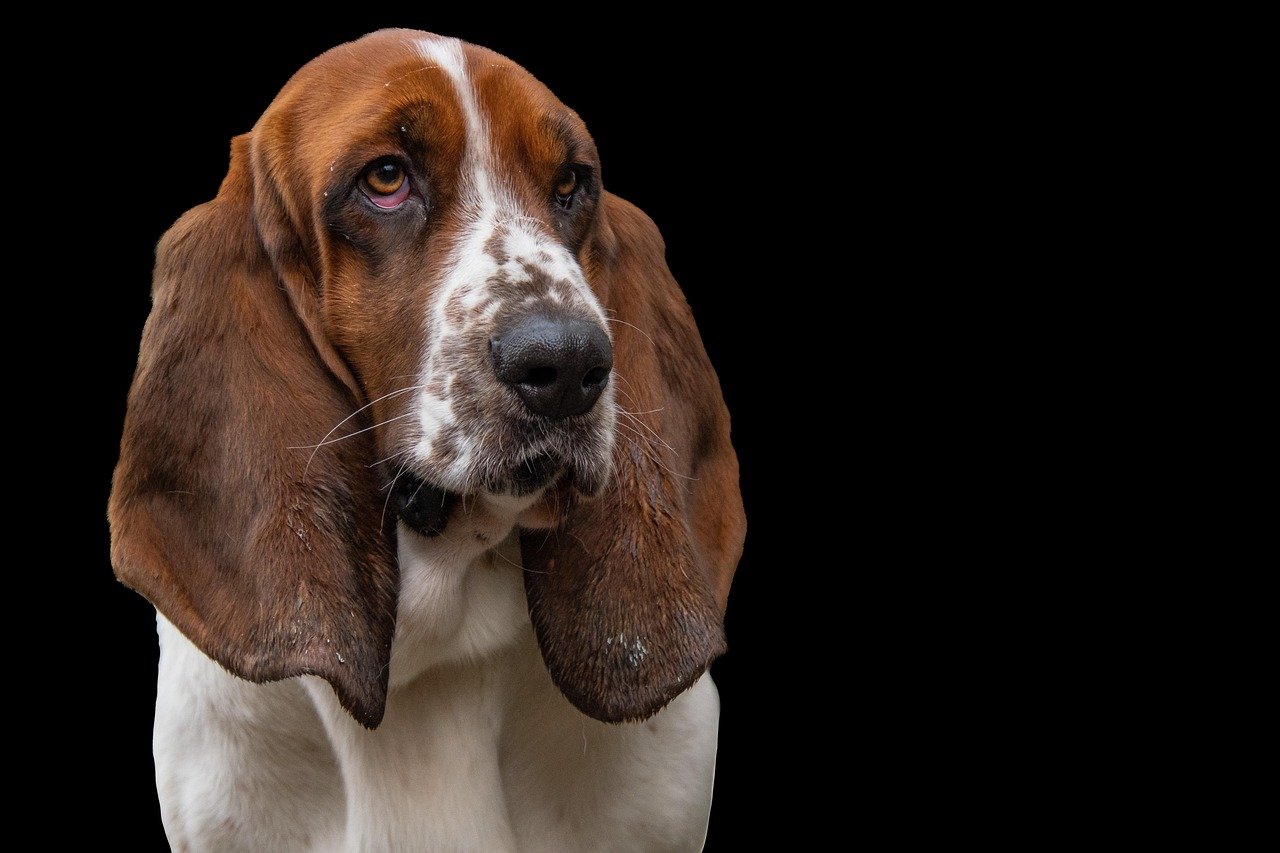
Basset hounds are another breed that may not mind being left alone, says Dr. Attas. Their independent nature might make training challenging, but it translates to a laid-back demeanor, she says. Described by the Houndful Hearts rescue as a “calm, sometimes lazy couch potato,” you could say that basset hounds would happily trade chasing rabbits for a comfy spot on the sofa. In other words, basset hounds are perfectly content with a quiet afternoon snoozing or chewing on a toy – their love for naps and minimal exercise needs make them adaptable to periods of solitude.
The basset is a droopy gentleman content to catch Zzzs on his bed while you’re at work. He doesn’t need a ton of fuss or exercise, preferring a leisurely stroll over raucous play most days. You may need to encourage him to hit his daily step goal, however, as this low-maintenance dog breed is prone to packing on the pounds.
Conclusion: Finding Your Perfect Match
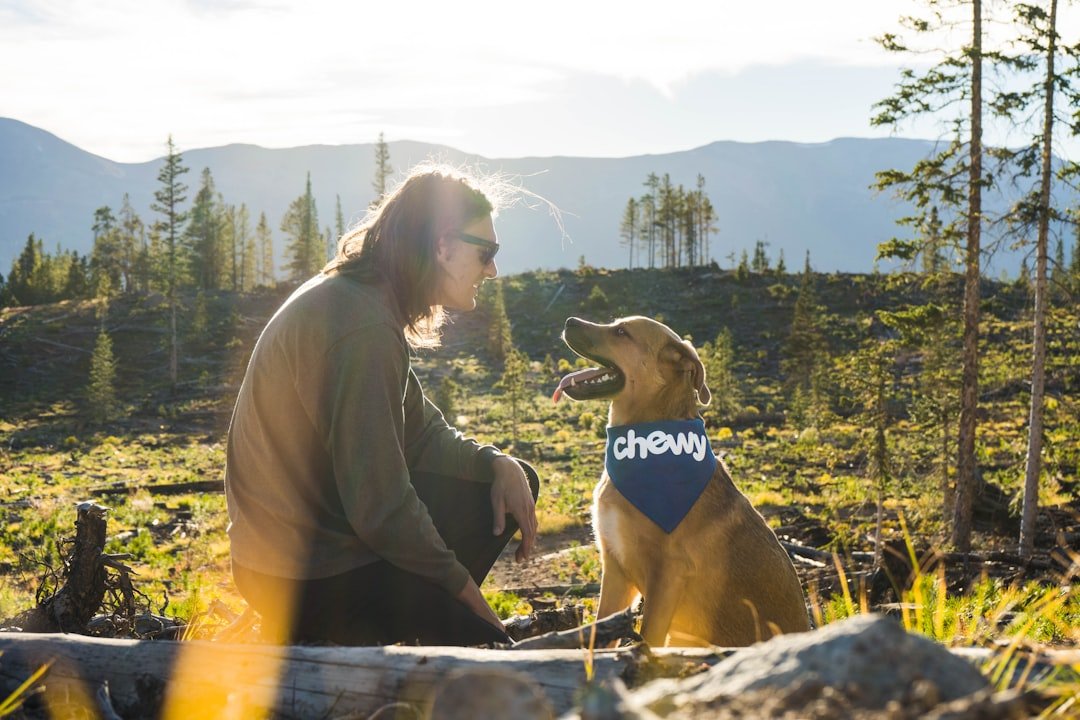
The beautiful truth about dogs is that there’s truly a perfect match for every lifestyle and personality type. Whether you need a furry therapist who never leaves your side or a dignified companion who respects your need for personal space, understanding these breed tendencies can save both you and your future dog years of frustration.
Remember, individual dogs can vary significantly from breed standards, and proper training and socialization play huge roles in any dog’s behavior. The clingy breeds aren’t necessarily harder to manage – they just need different things than the independent ones. Some people thrive on that constant companionship, while others find peace in a dog who’s content to simply exist in the same space.
The key is honest self-reflection about what you can realistically provide and what kind of relationship you want with your canine companion. Both types make wonderful pets – it’s all about finding the right fit for your unique situation. What kind of dog parent are you destined to be?

Andrew Alpin from India is the Brand Manager of Doggo digest. Andrew is an experienced content specialist and social media manager with a passion for writing. His forte includes health and wellness, Travel, Animals, and Nature. A nature nomad, Andrew is obsessed with mountains and loves high-altitude trekking. He has been on several Himalayan treks in India including the Everest Base Camp in Nepal.

